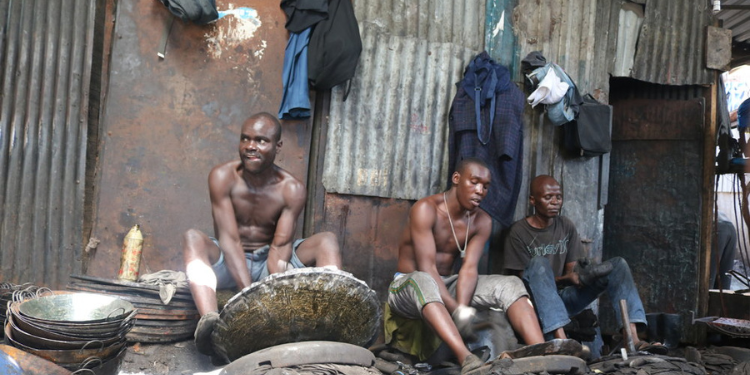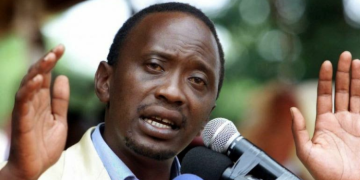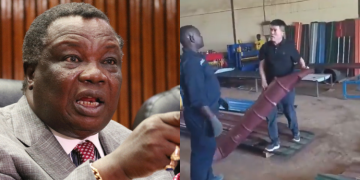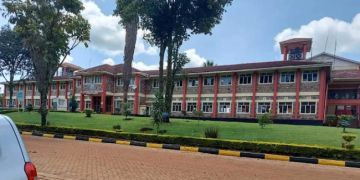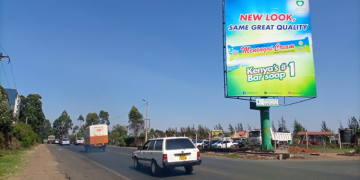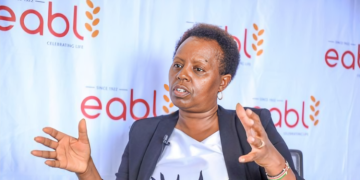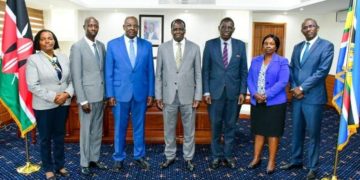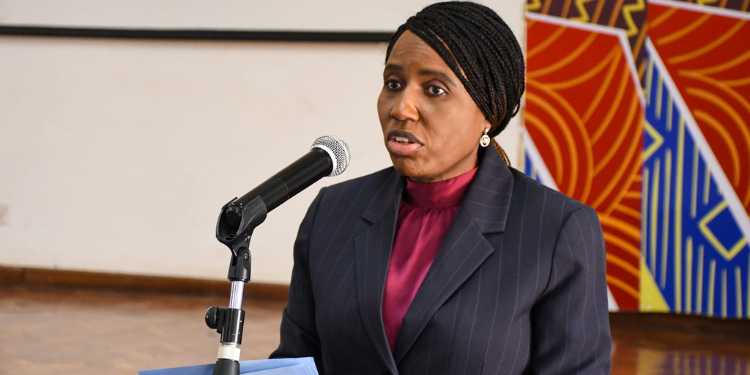The government is set to launch a multi-agency crackdown on former university students who have defaulted on their Higher Education Loans Board (HELB) repayments, in a renewed effort to recover billions of shillings owed to the state.
The move comes amid a significant increase in government funding for the higher education sector, which is expected to reach an unprecedented Ksh97 billion.
Crackdown on HELB Loan Defaulters
Speaking during an interview on October 2, 2025, HELB CEO Geoffrey Monari stated that the government is developing a systematic strategy aimed at encouraging past beneficiaries to fulfill their loan obligations.
“We are putting in place strategies to work with employers so that they can submit names once graduates are employed. In the informal sector, we are urging people to start paying through various strategies. We have written to them and even contacted guarantors.”
The operation will involve collaboration with employers, outreach to informal sector workers, and coordination with the Ministry of Foreign Affairs to trace defaulters who have relocated abroad.
HELB has also been sending up to three letters to defaulters using their last known contacts and has begun involving guarantors in the recovery process.
Principal Secretary for Higher Education and Research, Dr. Beatrice Inyangala, attributed this decision to the ministry’s mission of having stability in the higher education sector in the country, as the funding doubles.
“We are working with our embassies to track some of these people and urge them to start paying. It’s a multi-faceted strategy to ensure that past students start paying.”
A Growing Loan Portfolio
HELB CEO Geoffrey Monari emphasized that the loan portfolio remains healthy and comparable to similar institutions globally.
However, he stressed the importance of repayment to ensure sustainability.
“Every coin that we get supports the current student. “We are seeing a sustainable situation where in the future we’ll be able to make payments on time and ensure we identify the people who require these loans.”
Monari urged current students to provide accurate information during the application process to ensure fair and timely disbursement.
He also assured that HELB is working to make the repayment process more efficient and comfortable for borrowers.
Massive Boost in Higher Education Funding
The crackdown comes at a time when the government is significantly increasing its investment in higher education.
Also Read: How to Repay HELB Loan for Graduates in Kenya and Diaspora
According to PS Inyangala, the budget has increased from Ksh 45 billion in 2022 to Ksh 82 billion, with an additional Ksh 14 billion allocated in the supplementary estimates, bringing the total to Ksh 97 billion.
“That is unprecedented. With that kind of money, we are looking at paying our teachers better, improving infrastructure, enhancing quality, and establishing niches so that universities thrive in their areas of competitive advantage.”
The PS added that the government’s goal is to position Kenya’s higher education sector as globally competitive, not only to serve local students but also to attract international learners.
The reforms are aligned with Kenya’s Vision 2030, which envisions a highly industrialized nation with a high quality of life for all citizens.
“We want to produce the much-needed labor and also attract international students,” Geoffrey Muneri said.
Call to Responsibility
Both officials reminded Kenyans of the importance of a shared responsibility between the government, students, and employers in sustaining the higher education ecosystem.
Also Read: How to Download Your HELB Loan Statement in Kenya
While the state is increasing its financial commitment, former students are expected to play their part by repaying loans that funded their education.
“The future of HELB is bright. We are working toward a system where everyone who should repay does so in an efficient and comfortable way,” Inyangala concluded.
Follow our WhatsApp Channel and X Account for real-time news updates.
